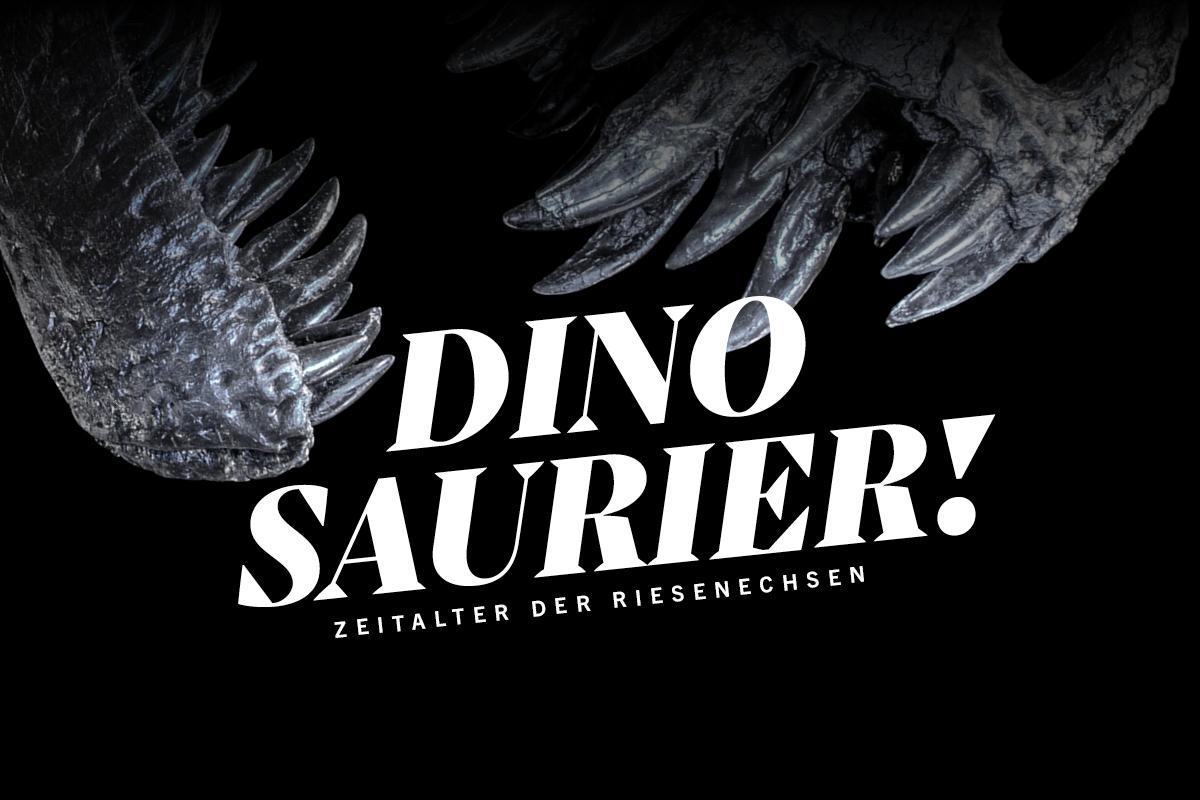Fossils fascinate and inspire for nature. They help researchers to study the past of our planet and to understand interrelationships in nature. Looking back at the more than 150 million years in which dinosaurs inhabited our earth studying fossils help us to understand the dangers of climate change and mass extinction.
Yet fossils are more than objects of knowledge; they are also investments. In recent years, auctions made headlines in which dinosaurs went to private individuals for significant sums. As recently as July 2022, the skeleton of a Gorgosaurus was sold for $ 6.1 million. Previously, $ 12.4 and 31.8 million had been achieved for a Deinonychus and a T.rex, respectively. The art market has discovered dinosaurs, they are auctioned in the same way as art made by Picasso, Monet or Jeff Koons.
The practice of selling fossils is legal, but it raises the question about the "sell-out of science". In other words, to what extent is scientific work negatively influenced by such developments. Many scientists are concerned about this.
Most of the pieces in the special exhibition "Dinosaurs!" are on loan from private owners. They are not only fascinating objects from a bygone world that inspire our visitors about nature. They also stimulate a discussion on the subject of fossils in private ownership. The Museum für Naturkunde intends to actively engage in this long overdue public debate during the lifetime of our exhibition.
Related articles:
- Deutschlandfunk: Teure Knochen
- National Geographic: Wem gehört mein Dino?
- Spektrum der Wissenschaft: Das Geschäft mit der Urzeit
- The Geological Curator: Publish before they perish: Dealing with privately-owned specimens in palaeontology
- CNN: Scientists are concerned about the million dollar auction of this dinosaur skeleton
